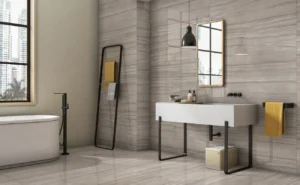Bathroom Moroccan Tiles: Elevate Your Small Space with Exquisite Elegance
What are Moroccan Tiles?
In the realm of interior design, the bathroom moroccan Tiles stands as a sanctuary—a space where functionality meets aesthetics. Among the myriad of design elements available, Moroccan tiles have emerged as a timeless choice, infusing bathrooms with an exotic allure and captivating charm. In this article, we delve into the world of bathroom Moroccan tiles, exploring their origins, advantages, and how to effectively incorporate them into small spaces.
What are Moroccan Tiles?
History and Origin
Moroccan tiles, also known as zellige tiles, trace their roots back to the rich cultural tapestry of Morocco. Crafted by skilled artisans using traditional techniques, these tiles boast a history steeped in craftsmanship and heritage. Originating in the medieval period, Moroccan tiles adorned the palaces and mosques of North Africa, showcasing intricate geometric patterns and vibrant hues.
Design and Patterns
One of the defining characteristics of Moroccan tiles lies in their mesmerizing designs and patterns. Drawing inspiration from nature, Islamic art, and geometric shapes, these tiles encompass a diverse range of motifs, from intricate mosaics to bold geometric patterns. Each tile is a work of art, meticulously crafted to create a harmonious tapestry of color and form.
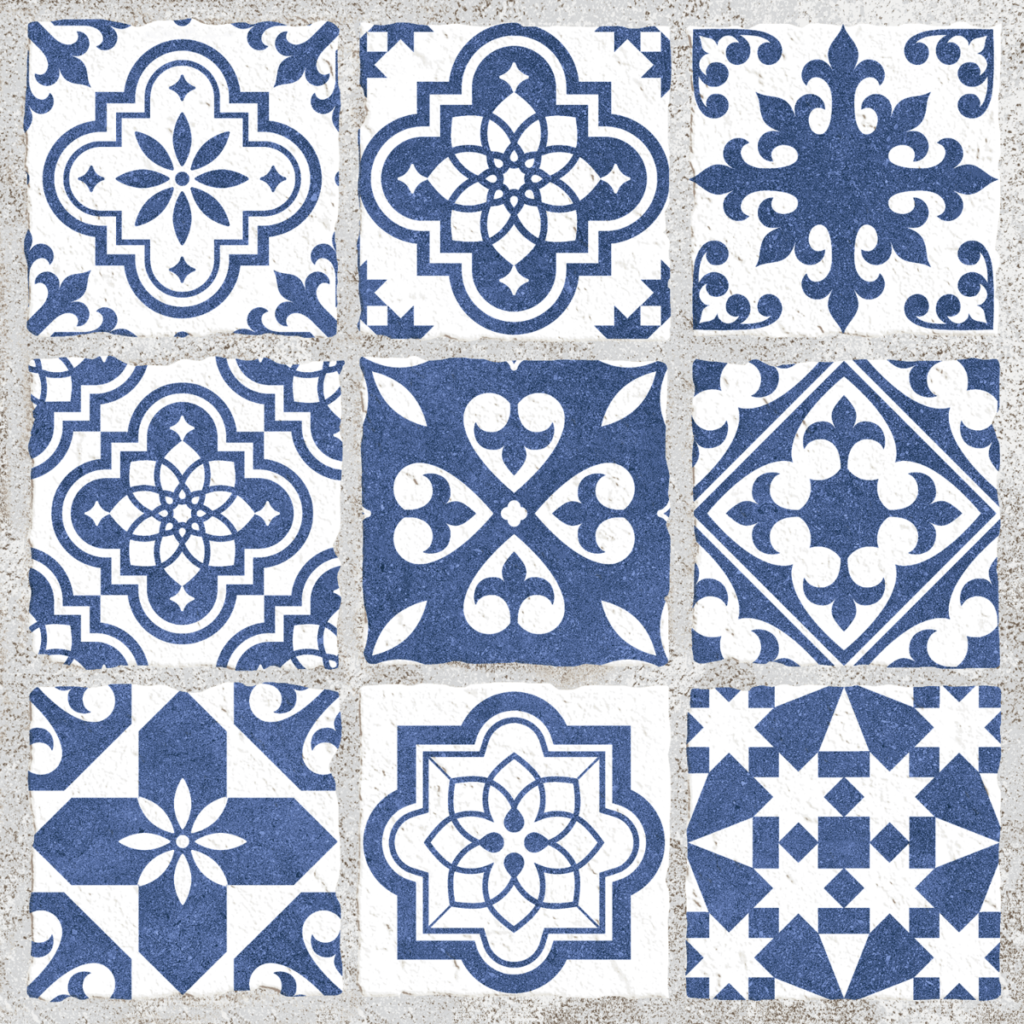


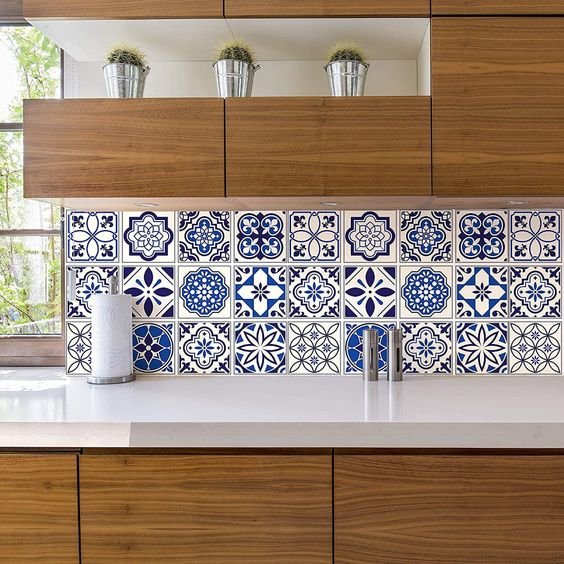



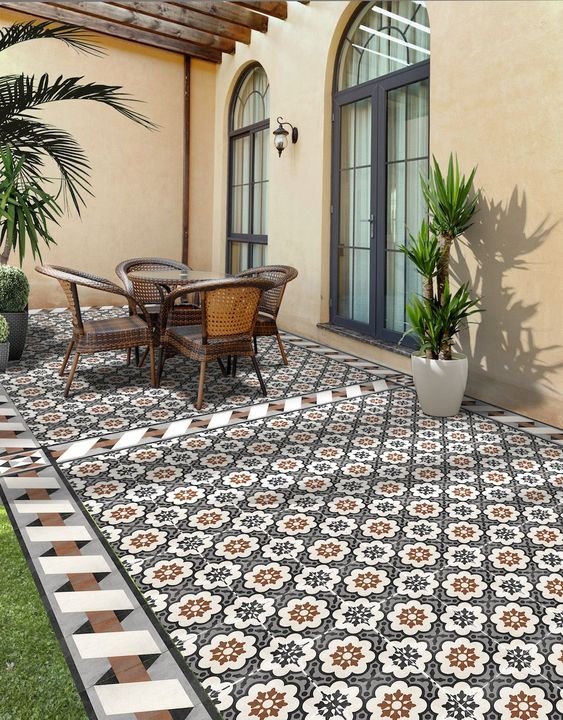


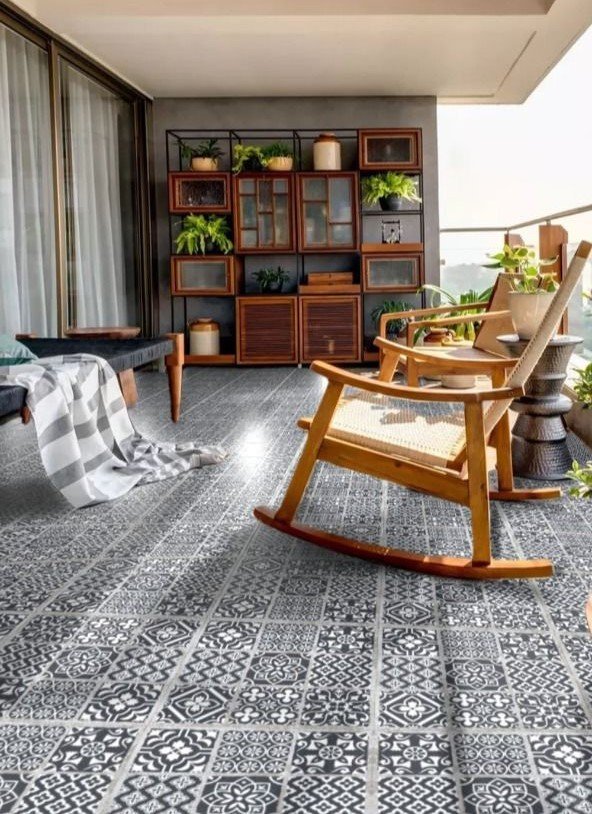






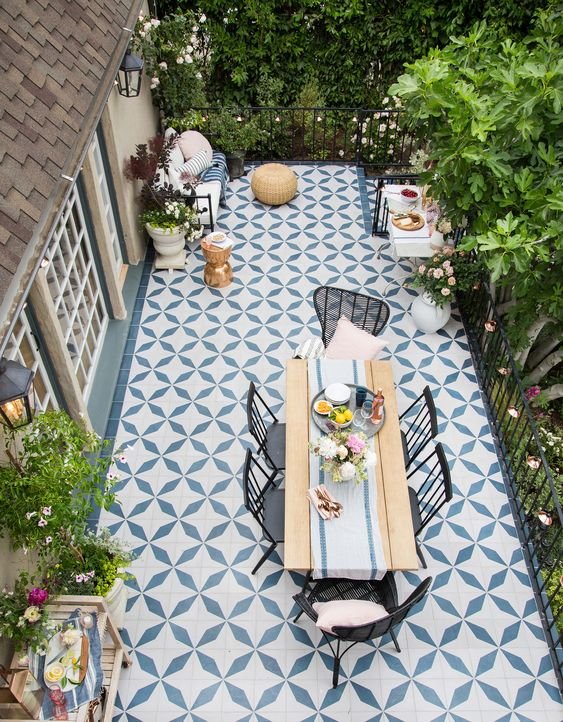
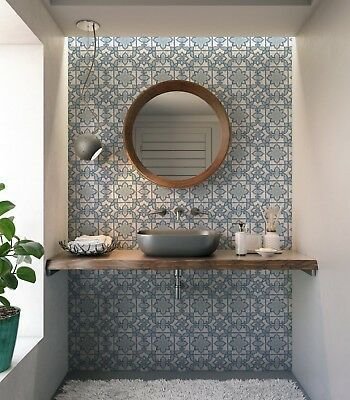
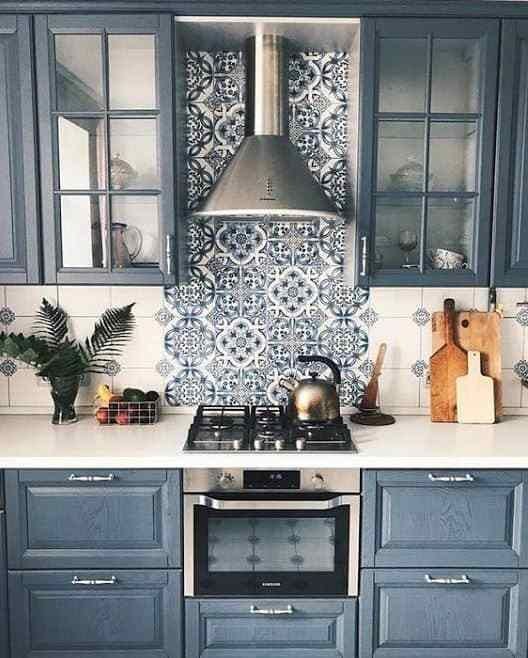
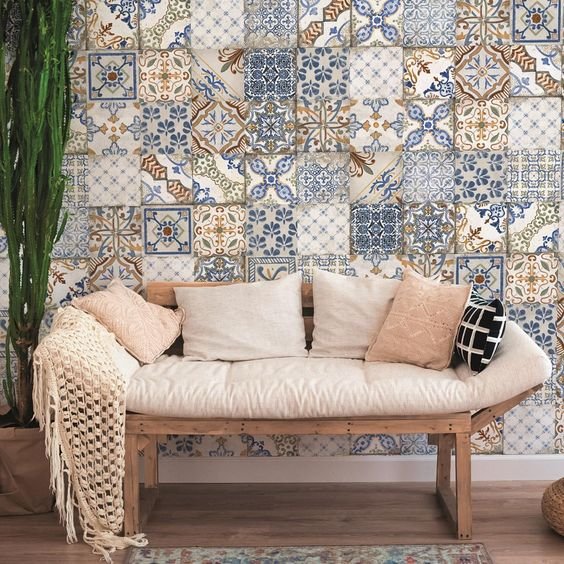


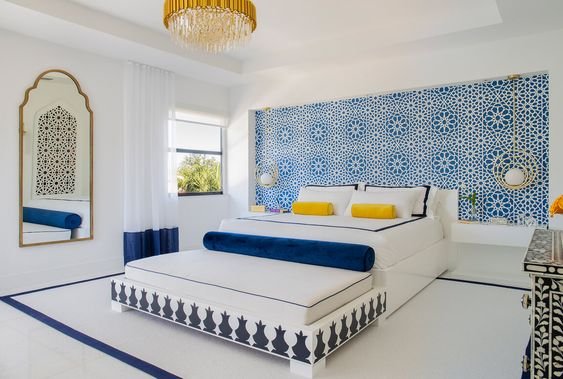


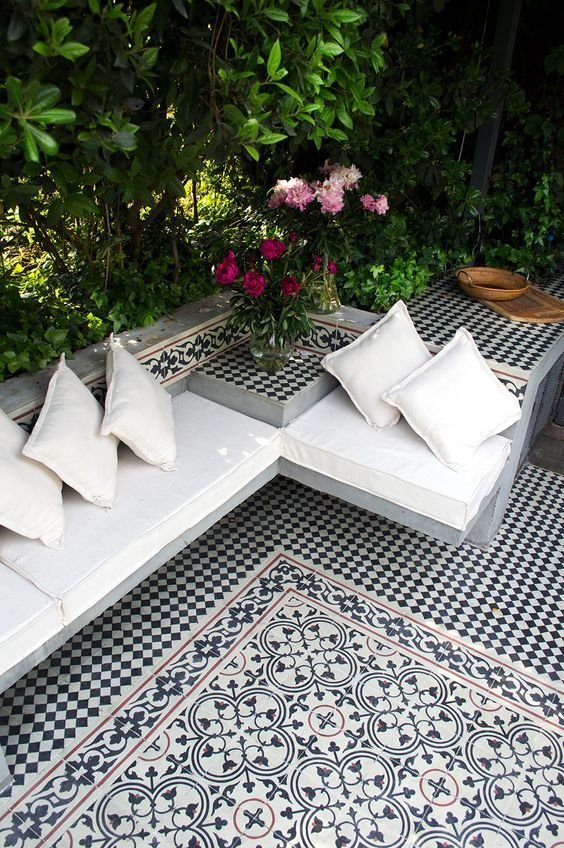






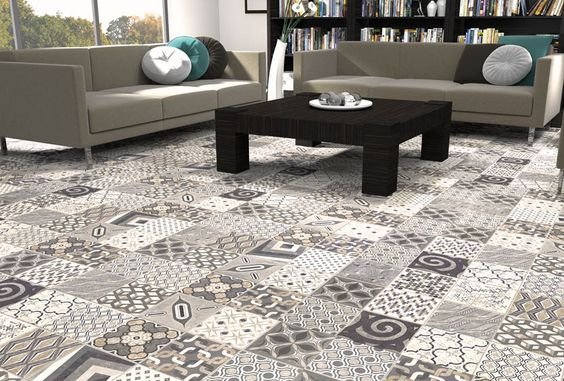

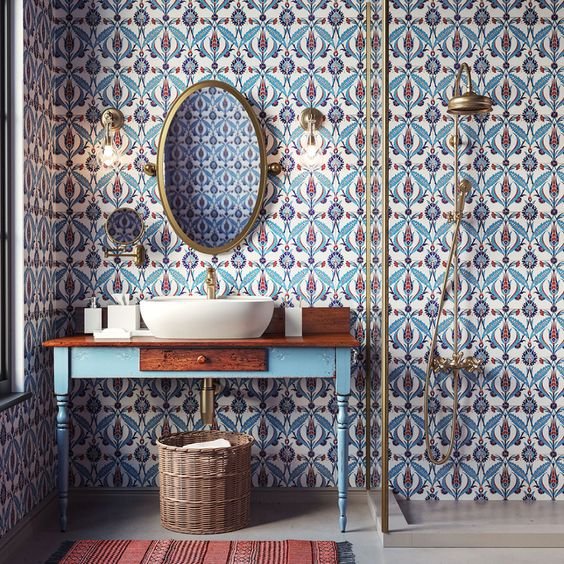
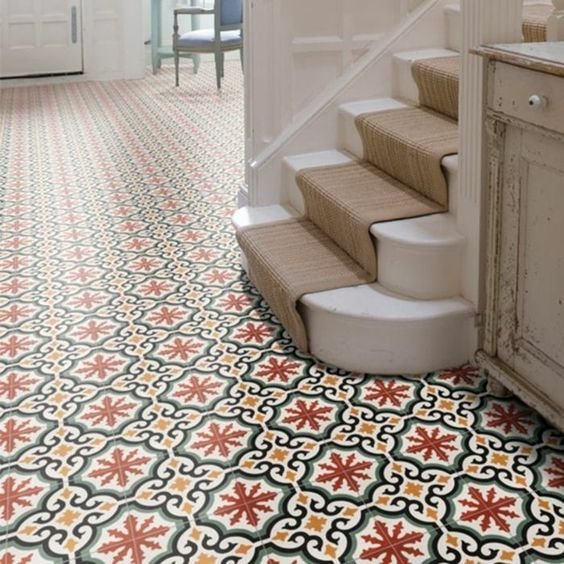
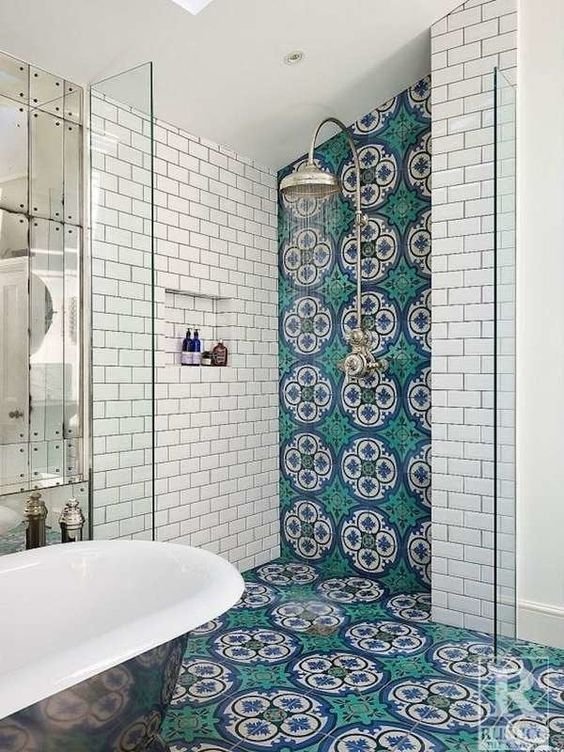
Why Choose Moroccan Tiles for Your Bathroom?
Unique Aesthetic Appeal
Moroccan tiles exude a distinct charm that instantly transforms any space. Their intricate patterns and vibrant colors add a touch of exoticism and sophistication to bathroom interiors, elevating them from mundane to magnificent.
Durability and Longevity
Beyond their visual appeal, Moroccan tiles are renowned for their durability and longevity. Crafted from high-quality materials such as clay or cement, these tiles are resistant to moisture and wear, making them ideal for bathroom environments where humidity and frequent use are prevalent.
Versatility in Design
From traditional Moroccan motifs to contemporary interpretations, Moroccan tiles offer endless possibilities for customization. Whether you prefer a timeless mosaic or a modern geometric pattern, these tiles can be tailored to suit any design aesthetic, allowing you to infuse your bathroom with your unique sense of style.
Tips for Using Moroccan Tiles in a Small Bathroom
Opt for Lighter Colors
In small bathrooms, light-colored Moroccan tiles can create the illusion of space, making the room feel larger and more open. Opt for soft pastel hues or neutral tones to brighten up the space and create a sense of airiness.
Use Larger Tiles
Incorporating larger Moroccan tiles can visually expand the room, giving the illusion of a larger floor area. Opt for oversized tiles with minimal grout lines to create a seamless and cohesive look that enhances the sense of space in your bathroom.
Incorporate Mirrors and Lighting
Strategic placement of mirrors and lighting can further enhance the spacious feel of a small bathroom adorned with Moroccan tiles. Mirrors reflect light, creating the illusion of depth and brightness, while well-placed lighting fixtures can illuminate the space and highlight the intricate beauty of the tiles.
Utilize Vertical Space
Maximize vertical space by extending Moroccan tiles from the floor to the ceiling. This creates a cohesive visual flow and draws the eye upward, making the ceiling appear higher and the room more expansive.
Installation Considerations
Preparation and Surface Conditions
Before installing Moroccan tiles in your bathroom, ensure that the surface is clean, flat, and properly prepared. Any imperfections or irregularities in the substrate can affect the integrity of the tile installation and compromise its longevity.
Grouting and Sealing
Proper grouting and sealing are essential to ensure the longevity and durability of Moroccan tiles in a bathroom environment. Choose a grout color that complements the tiles and apply a high-quality sealer to protect against moisture and staining.
Maintenance Tips
To keep your Moroccan tiles looking pristine, regular maintenance is key. Clean them with a mild detergent and water solution, avoiding harsh chemicals that can damage the tiles’ surface. Additionally, reseal the grout periodically to maintain its integrity and prevent moisture infiltration.
Cost Considerations
While the allure of Moroccan tiles is undeniable, it’s essential to consider the cost implications. Moroccan tiles can range in price depending on factors such as material, design, and size. However, their durability and timeless appeal make them a worthwhile investment in the long run.
Conclusion
In conclusion, bathroom Moroccan tiles offer a captivating blend of beauty and functionality, making them the perfect choice for small spaces. Their unique aesthetic appeal, durability, and versatility make them a standout option for anyone looking to elevate their bathroom design. By following the tips outlined in this article and considering the installation and maintenance factors, you can transform your bathroom into a luxurious retreat that exudes elegance and charm.
FAQs
- Are Moroccan tiles suitable for all bathroom sizes? Moroccan tiles can be adapted to suit bathrooms of various sizes, but lighter colors and larger tiles are recommended for small spaces to create a sense of openness.
- How do I clean Moroccan tiles? Clean Moroccan tiles with a mild detergent and water solution, avoiding harsh chemicals that can damage the surface. Regular maintenance is essential to preserve their beauty and integrity.
- Can Moroccan tiles be used on bathroom walls? Yes, Moroccan tiles can be used on bathroom walls to create a cohesive and visually striking look. However, proper installation and sealing are crucial to prevent moisture damage.
- Are Moroccan tiles expensive? The cost of Moroccan tiles varies depending on factors such as material, design, and size. While they may be more expensive upfront, their durability and timeless appeal make them a worthwhile investment.
- Can I install Moroccan tiles myself? While DIY installation is possible, it’s recommended to hire a professional for optimal results, especially in wet areas like bathrooms. Proper preparation, installation, and sealing are essential for a successful outcome.
